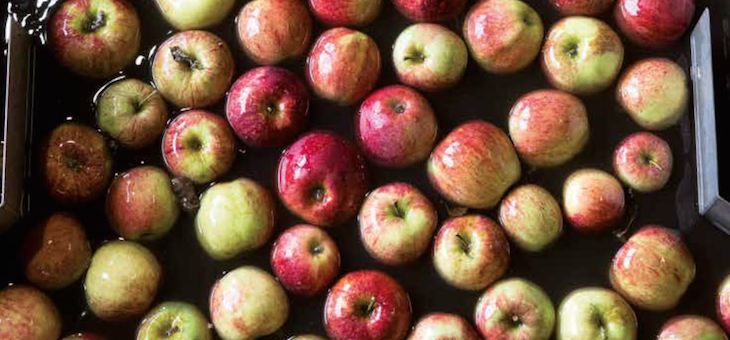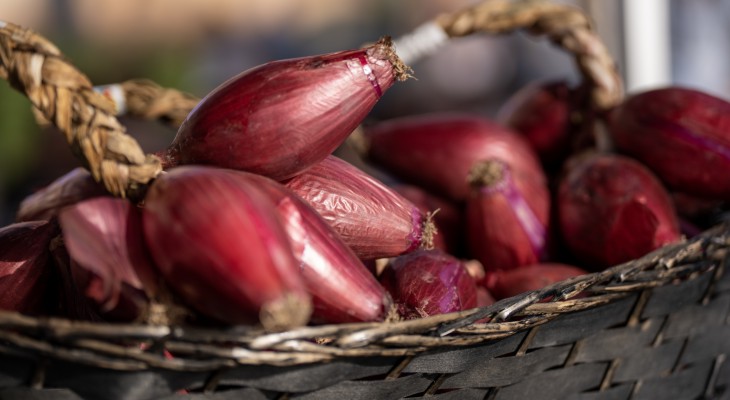
Greenpeace has published a report on the presence of pesticides in apple orchards in Europe entitled “The bitter taste of intensive apple production”. And the news is not exactly good for consumers.
The report presents the results of the analysis of 85 samples of water and soil taken in twelve European countries, including Italy (in Val di Non and in Valtellina, two of the areas of greatest apple production) and examples of environmentally friendly farming practices for sustainable production without contaminating soil and water.
36 water samples and 49 soil samples were collected during the months of March and April 2015 in conventionally managed apple orchards and analysed to check the presence of pesticide residues. The samples represent a “snapshot” of the situation at the beginning of the flowering period.
On the 85 samples, 53 different pesticides were found. 78% of soil samples and 72% of water samples contained residues of at least one pesticide.
The pesticide most often found in soil and water is the fungicide boscalid (present in 38% of soil samples and 40% of water samples). As many as seven of the pesticides found are not currently approved in the EU, but can only be used with exceptional temporary waivers. The presence of these residues could be the result of previous applications, while in one case it could be a phenomenon of degradation.
Two thirds of soil and water samples taken in European apple orchards also contain residues of pesticides and 70% of the pesticides identified have very high levels of toxicity for humans and the environment. In a single soil sample collected in Italy, as many as thirteen different chemicals were found, and ten in a water sample, a veritable pesticide cocktail.
In the second part of the document, a selection of sustainable solutions for apple production and their possible application without contaminating soil and water are illustrated.
“Italy is one of the largest apple producers in Europe – said Federica Ferrario, responsible for the Greenpeace Italia Sustainable Agriculture Campaign –. Abandoning an agriculture model heavily reliant on chemicals is essential, also to protect our farmers and their families, who are the first to be directly exposed. The massive use of these substances in intensive apple production is another failure of industrial agriculture”.
Two are the requests of Greenpeace to European countries. Phasing out of the use of synthetic chemical pesticides in agriculture, starting from those that have carcinogenic, mutagenic or toxic effects for reproduction, which interfere with the hormonal system (EDC) or which have neurotoxic properties. Greater commitment in promoting and investing in the research and development of environmentally sound practices for pest management and control that are not dependent on the use of synthetic chemicals.
“There are already environmentally sound solutions adopted by thousands of farmers throughout Europe. In order to develop these good practices, it is also necessary that large-scale distribution plays its part by encouraging the transition to sustainable practices” concluded Ferrario.




